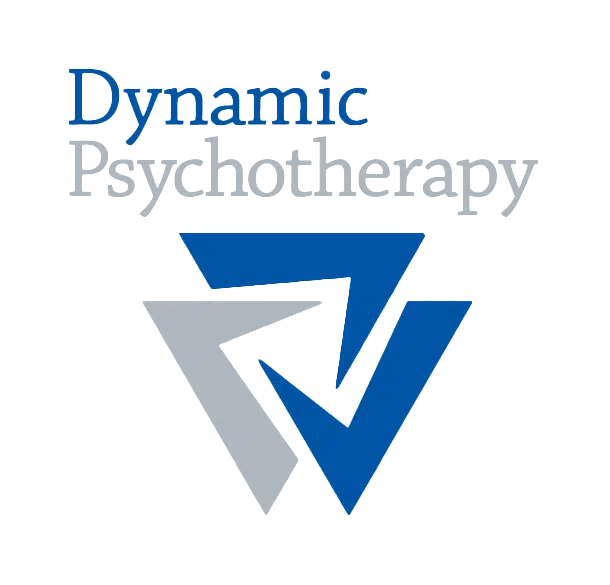Autism Spectrum Disorder (ASD) is a neurodevelopmental disability that presents as differences in socialising, communicating and processing information (including thinking, sensing and regulating).
It starts in early childhood and lasts throughout life, impacting how a person interacts with the world.
ASD comes in various forms and needing various levels of support. It includes autism, Asperger’s syndrome and PDD-NOS. Learn more about ASD and its diagnosis, and how Dynamic Psychotherapy’s autism therapists can help.
ASD differences and challenges
Each autistic person is unique. Nevertheless, ASD can usually be seen in how an autistic person communicates and interacts with others. Otherwise, differences and challenges vary from person to person, and they may change with age.
Common signs of ASD include:
– not responding to their name
– avoiding eye contact
– difficulty with sharing and taking turns
– trouble with facial expressions.
Other differences and challenges are:
– repeating words
– performing repetitive movements (stimming)
– preferring to play alone
– struggle with adapting to change
– sensitivity to sound or touch
– delayed speech
– loss of previously learned skills
– issues with social cues.
In older children and adults, you might notice:
– difficulty with body language
– understanding sarcasm or teasing
– speaking in a monotone
– difficulty forming relationships
People with ASD may also have different ways of learning and thinking.
ASD includes people with mild to severe difficulties, affecting their daily life. It spans all intelligence levels and varies in communication and social skills.
ASD assessments
It’s not uncommon for adults with autism to remain undiagnosed. In some cases, adolescents and adults with autism may only be identified when they seek help for other psychological issues. Assessment and diagnosis can be the first step towards findings definitive answers to why you are feeling the way you do, and eventually help you address difficult areas of your life.
The decision to be assessed can lead to several questions:
– Who should I see for a diagnosis?
– How can I find them?
– What services do they offer?
This process may feel overwhelming.
To navigate the process, starting by researching qualified health providers in your area experienced in autism assessments, particularly for adults may be the first step. (Sometimes this is called ‘autism screening’.)
A psychologist who specialises in autism will ask you about your life, including your childhood, school, and adult experiences. They may also give you some tests.
If you’re a woman or gender-diverse, try to find someone who understands the differences in autism presentation from the typical male pattern.
Find a trained and experienced psychologist at Dynamic Psychotherapy who conducts adult autism assessments.
Autism diagnosis for children
Psychologists use tests and observations to figure out the best way to help children and teens.
They may look at how a child thinks, learns, and behaves, as well as any specific conditions they have. They may also talk to the child’s teachers, caregivers, and other healthcare professionals.
The ADOS-2 (Autism Diagnostic Observation Schedule- Second Edition) is considered the gold standard in the process of assessing for ASD. This along with other questionnaires involving early developmental history, reports from teachers and parents would be used.
Dynamic Psychotherapy offers cognitive and diagnostic assessments, which can be done with or without therapy. The assessment process includes:
– a first meeting with the child and/or parent for one hour
– 2–3 sessions to give the child specialised tests
– a final meeting to discuss the findings and recommendations, which are written in a report that you will get a copy of.
ASD diagnosis for Adults
Psychologists may use several questionaires, ask in detail about your developmental history, and explore different areas of your life that ASD is impacting. Sometimes a part of this assessment also involves talking to a trusted family member or friend to obtain more information.
Assessment process for adults at Dynamic psychotherapy involves:
● a first meeting with the client for one hour
● 90 minute session to explore history and areas of your life being effected
● Questionnaires to be filled by the client and a trusted family member/friend independently
● a final meeting to discuss the findings and recommendations, which are written in a report that you will get a copy of.
ASD treatment: Autism Therapists at Dynamic Psychotherapy for in-person appointments
Our team of psychologists can help you with ongoing therapeutic support after your assessment and diagnosis. They may use evidence-based therapies such as modified (for ASD) cognitive behaviour support. They can also be helpful in providing a safe space for you to talk through your experiences and support you through the process of understanding your diagnosis.
Sometimes, you may have been diagnosed by a psychiatrist. Psychiatrists don’t usually provide therapeutic sessions for ASD. They may, however, recommend you see a psychologist for mental health support and therapy.
Learn more about the supportive therapies our psychologists offer for adults and children living with autism.
Other assessments
IQ Assessments
Find out more about the services we offer for assessing IQ.
Learning disorders
Find out more about the services we offer for assessing learning disorders.
Emotional and behavioral disorders in children
Find out more about the services we offer for assessing emotional and behavioral disorders in children.
Adolescent/adult personality and mental health
Find out more about the services we offer for assessing adolescent or adult personality and mental health.
Psychologists Who Conduct Assessments
Here at Dynamic Psychotherapy, we have a professional, caring team of Clinical Psychologists, Psychologists, Counsellors and Therapists ready to help you. Click on any of the psychologists below to learn more about our psychologists who conduct ASD assessments.
Have any questions, or ready to book an Appointment?
Our friendly Reception team is here to help you.
Nothing in life is to be feared, it is only to be understood. Now is the time to understand more, so we may fear less.
-Marie Curie
Information sources for this page
American Psychiatric Association, Diagnostic and Statistical Manual of Mental Disorders, 5th edn, Arlington, VA: American Psychiatric Association, 2013.
Australian Psychological Society, ‘Autism spectrum disorder in children’, APS website. Pietrangelo, Ann, ‘ Are there different types of autism?’, Healthline (website), updated June 30, 2021.
Victorian Government, ‘Autism spectrum disorder (autism)’, Better Health Channel (website).
Autism Awareness Australia, ‘Getting a diagnosis’, Autism Awareness Australia (website).


